5 Things to Know When Choosing A Bottle of Wine
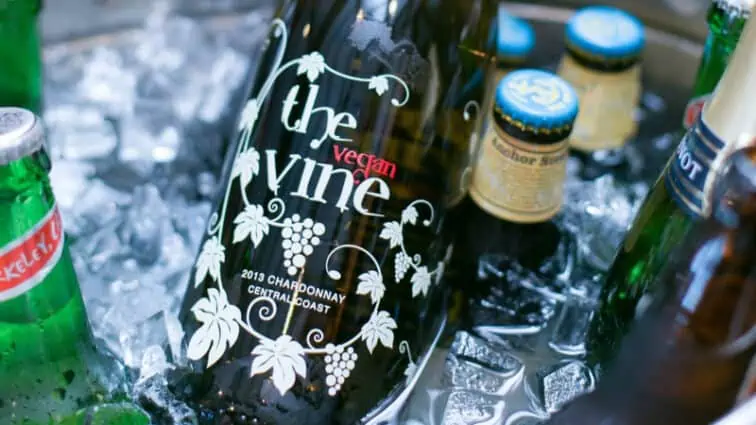
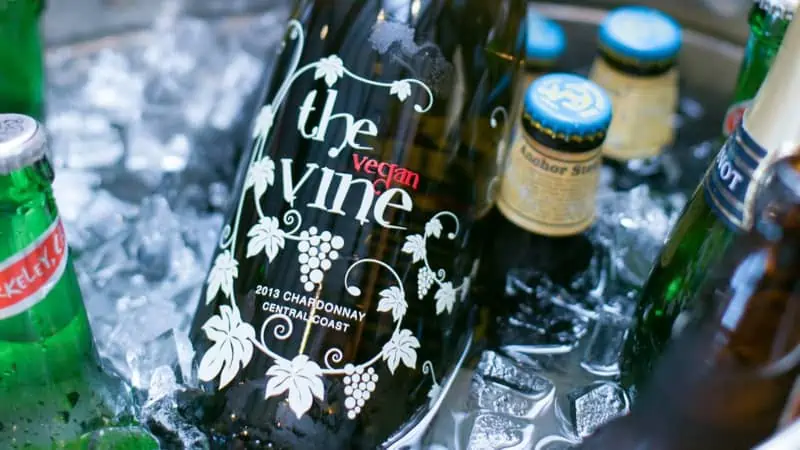
Wine has been a buzzword in the news lately. One day the media will claim that a glass of wine a day is amazing for heart health. Then the next day, it claims that wine provides no health benefits. There is so much conflicting information about wine that it is sometimes hard to know whether it actually benefits or sabotages your health. Is there such a thing as a healthy wine?
Fortunately, you don’t need to avoid wine altogether. But, if you’re motivated by health, you do need to know what to avoid and what to look for when searching for wine. There are 4 main issues with most wine that is available on the shelves today.
For more information, check out our Vegan Wine Guide for the best ethical brands for any occasion.
Table of Contents
1. Watch Out For Residual Sugar
Residual sugar is the amount of sugar left over in the wine after the fermentation process. Sweeter wines have more residual sugar than dry wines. But, there are brands that offer sweet wines with less residual sugar. Taking in high amounts of sugar can cause an array of health issues including headaches, digestive issues, and increased risk of inflammatory issues.
It is not uncommon for people to enjoy a dessert wine that has far more sugar than a soda. So it is extremely important to find a brand of wine that has a low residual sugar option.
2. Are There Pesticides In My Wine?
Most conventional bottles of wine have been produced using grapes that have been treated with pesticides and herbicides. More and more wine is being tested positive for glyphosate, the active ingredient in Roundup, a weed-killer made by the company Monsanto. Drinking high amounts of these chemicals can not only cause unwanted symptoms such as stomach pain, headaches, and irritability, but will also contribute to long-term effects on the endocrine system. Pesticides act as hormone disruptors and can cause major imbalances that lead to issues like cancerous cells, infertility, and thyroid issues. When searching for a healthier wine, find a company that tests negative for pesticides.
3. Go For A Longer Fermentation Process
Most companies only ferment for 1-2 days. When wine has an extended fermentation process of 10-15 days, this will increase the levels of resveratrol and polyphenols up to 10 times. Resveratrol and polyphenols are antioxidants that are very beneficial to the body. It is these antioxidants that cause an increase in cardiovascular health.
4. Choose an Animal-Friendly Filtration Process
Wine is just fermented grapes, so it all has to be vegan right? Well, the answer to that might surprise you. Different wine companies will use different forms of filtration, if at all. But it’s not uncommon for these filters to be made with casein (a milk protein), albumin (egg whites), gelatin (animal protein), or isinglass (fish bladder protein). If these items are used for filtration, they’re filtered out afterward, but it is possible for tiny amounts to be absorbed by the wine and remain in the final product. To avoid wines that use these type of products, you will want to find a wine company that uses filtration methods like activated charcoal, clay-based agents, like bentonite, or companies that are labeled as “not filtered,” or “not fined.” Luckily, many winemakers use these animal-friendly filtration methods, so it shouldn’t be difficult to find!
5. What About Sulfites?
Sulfites in wine have been the main blame for many symptoms such as headaches and sickness. But, what research is showing is that this really isn’t the case. Sulfites are a naturally occurring byproduct during the fermentation process of wine, both red and white. The naturally occurring sulfite levels are extremely low at about 2-10 ppm. Most wine companies will add sulfites as a preservative, with about 80 ppm being the average of most bottles of wine in your local grocery store.
When looking for a cleaner wine, it doesn’t necessarily need to be sulfite free, because they do occur naturally and assist with stabilization. But if a wine company is adding an excessive amount as preservatives, they are more than likely adding sugar and have used pesticides on their grapes, so it would be best to avoid brands with high levels of sulfites.
The FDA states that less than 1% of our population actually has a sulfite allergy. So the real issue lies with the added sugar and pesticide load.
How Do I Know If My Wine Is Clean?
Unfortunately, because of labeling laws, it is not required to have all of the information above on the wine label. The government allows 76 additives that can be added to your wine without legally having to give you that information. Scary, right? The best approach is to research the company and see if the information is provided on the company’s website or give them a call.
What Brand Do You Personally Trust?
One of the best brands that I can recommend to those looking to live a healthier lifestyle but don’t want to stop enjoying wine, is FitVine Wine. I don’t work for FitVine or get commissions for any sales, they just have created an amazing product and I really respect their co-owner Mark Warren. Check out Episode 019 of The Unlock Wellness Podcast to hear my conversation with Mark Warren about what sets their wine apart. It is one of the cleanest wines available and tastes amazing. If you are looking to not sabotage the hard work from your training and clean eating, or just not wanting to have a headache and stomach pain after a glass of wine, then you’ll be extremely happy with FitVine Wine.
Article written by Dr. Kasey Johnson. Check out her website, and her podcast, The Unlock Wellness Podcast.

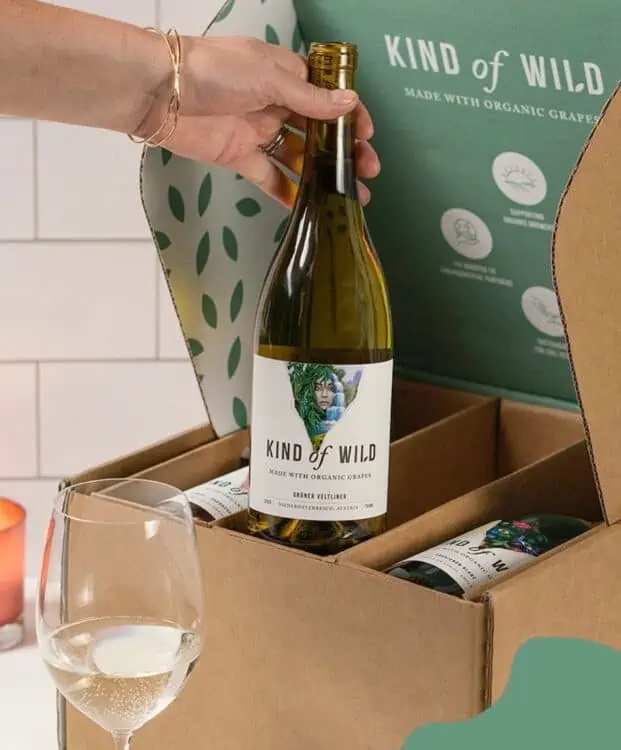
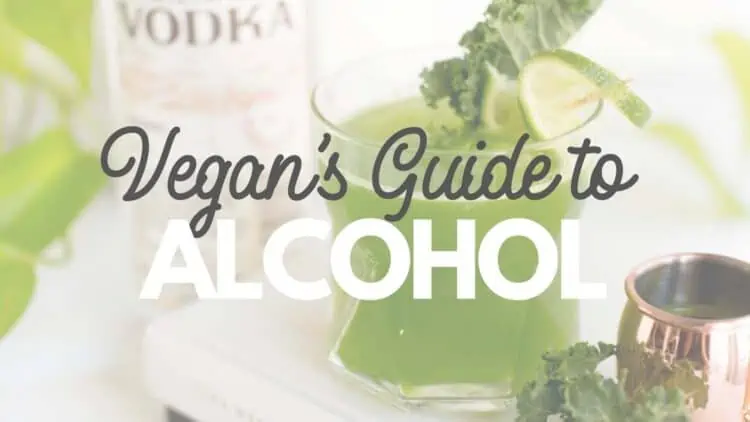
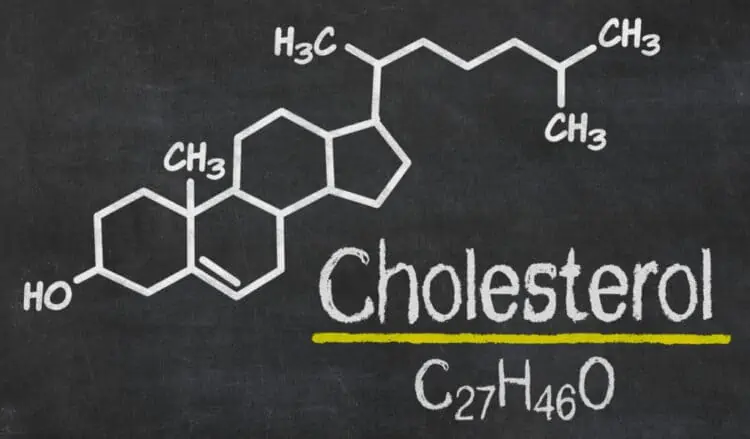
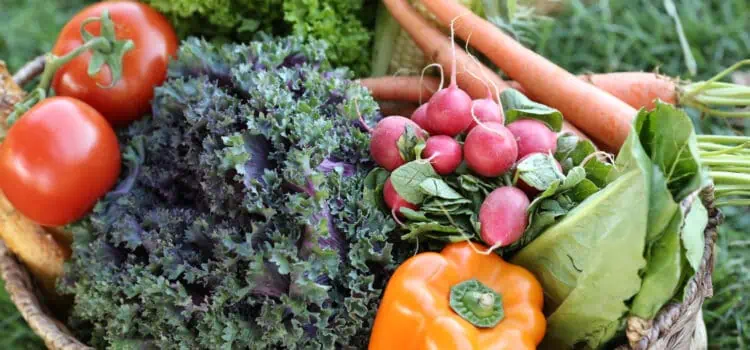

Leave a Comment